Blog posts tagged with pocket observer
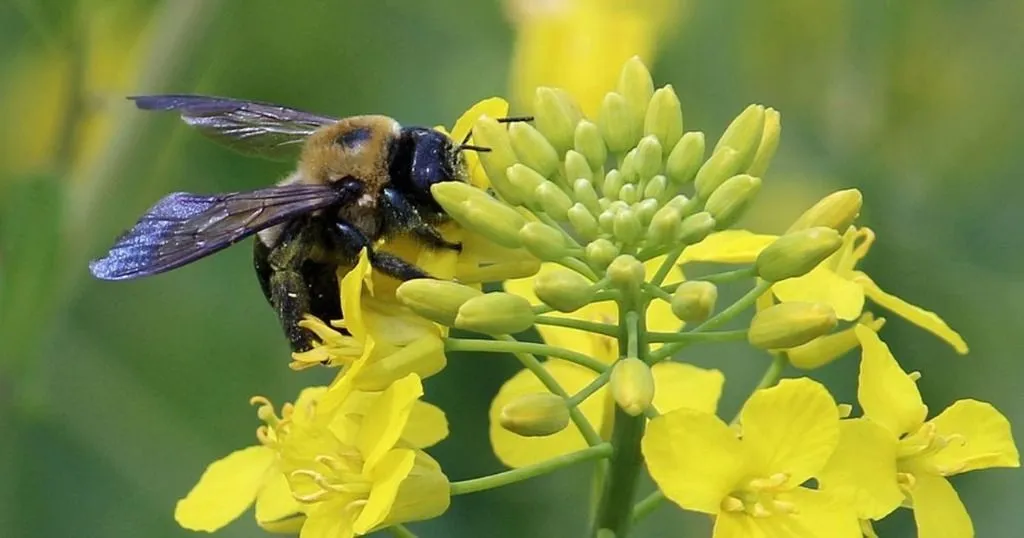
11 May
animal behavior research
Other (Animal)
Flower preference in solitary bees
Mason bees are fascinating and friendly creatures. Tibor Bukovinszky and his colleagues investigated how their foraging behavior affects their offspring.
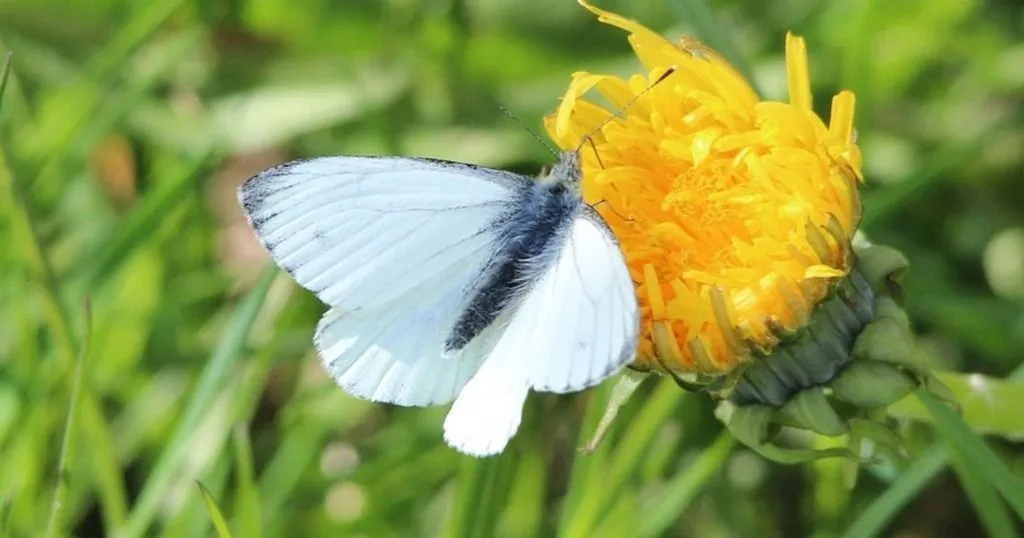
03 Jun
animal behavior research
Other (Animal)
Insect damage on leaves changes the reproductive strategy of plants
We all know that the majority of plant species depends on pollinators, like bees and syrphid flies, for reproduction. What most of us do not know is that this process is far more complex than it looks at first sight.
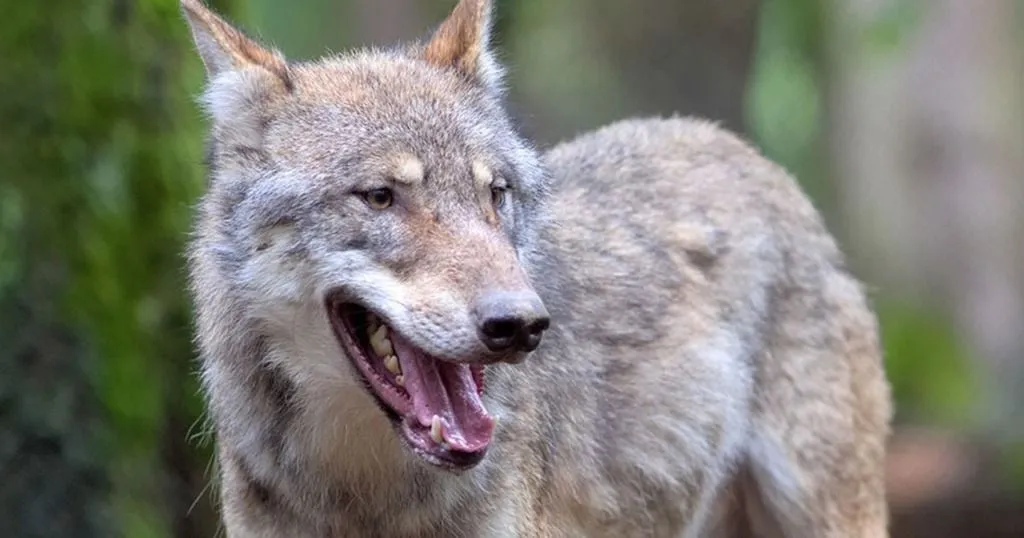
03 Apr
animal behavior research
Social Behavior
Why wolves cry out for their friends
Why do wolves howl? From research, movies, and even television series, we learn that wolves cry out to each other to facilitate the reassembling of a pack when members have strayed.
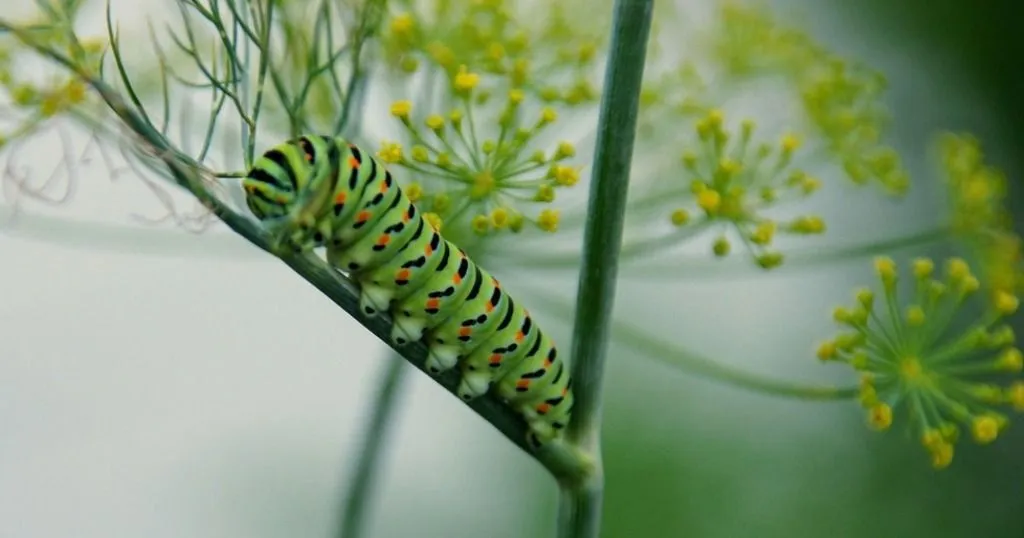
12 Aug
animal behavior research
Other (Animal)
Caterpillars speed up seed production in plants
Did you know that plants are not as passive as they appear to be at first sight? Although plants cannot run away when they are attacked by plant eating insects, they have several sophisticated ways to defend themselves.
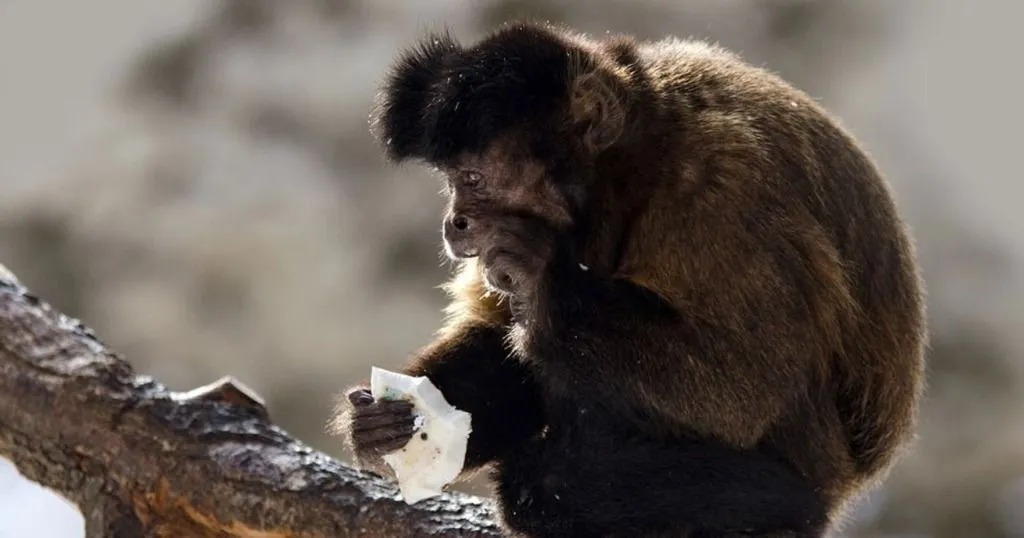
30 Jul
animal behavior research
Social Behavior
Unraveling primate behavior, why do monkeys rub their fur?
Did you know that tufted capuchin monkeys (Cebus apella) rub their fur vigorously with substances such as leaves, fruit, or insects? Such substances are often insecticidal, antiseptic, or anti-inflammatory.